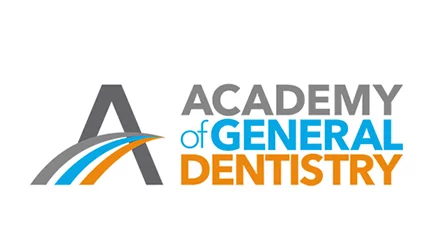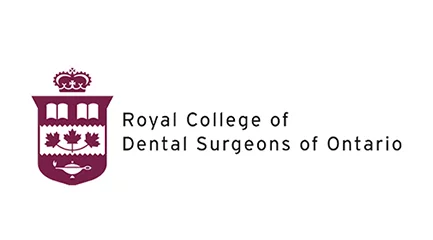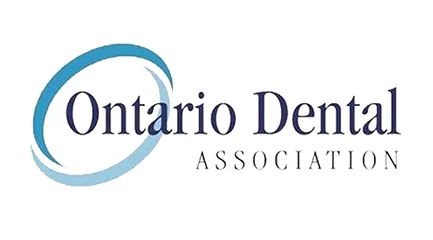Do you have excessive saliva production in your mouth? There might be a variety of reasons for this. If you notice that you have excessive saliva production, you need to adjust your diet.
However, if you always have too much saliva, you must reach out to your primary care physician. A potential cause of this may be medication or an illness. In this blog, we’ll discuss the causes and solutions of excessive saliva. So, read ahead and learn everything related to the oral issues.
POSSIBLE CAUSES OF EXCESSIVE SALIVA
Excess saliva (Drooling) may result from multiple causes. Anything that causes problems with swallowing or excess saliva can make drooling more common. Here are some common factors that usually result in excessive production of saliva:
1. DIET
Some foods and drinks induce excessive saliva production. This involves the consumption of acidic foods such as citrus fruits. Additionally, excessive saliva production is also associated with foods containing a lot of sugar.


2. AGE
Drooling is frequent in newborns and babies under 2 years old. Overactive saliva secretion reaches its peak between 3 and 6 months old and may worsen during teething.
3. NEUROLOGICAL DISORDERS
Sometimes, the excessive production of saliva occurs due to several diseases:
- Stroke
- Cerebral pals
- Parkinson’s disease
- Amyotrophic lateral sclerosis (ALS)
- Multiple sclerosis (MS)
- Down syndrome
- Autism
- Bell’s palsy
- Enlarged tongue (macroglossia)
- Gastroesophageal reflux disease (GERD)
- Intellectual disability
- Rabies


4. MEDICATIONS
Medications that can lead to too much saliva typically include:
- Certain drugs to suppress seizures, like Klonopin (clonazepam), can often result in this phenomenon.
- Medicines that are used in treating schizophrenia might also lead to too much saliva. It is commonly referred to by a set of different trade names: Clozaril and Fazaclo ODT.
HOW IS DROOLING TREATED?
Treatment of drooling is not always necessary. However, if the salivation is severe, your physician will recommend proper treatment based on the needs. These treatments may include:
- Medication: In some cases, drugs like scopolamine, glycopyrrolate and atropine sulfate can be prescribed to combat this overproduction of saliva.
- Botulinum toxin A: This may also work by eliminating excess saliva from the salivary glands.
- Motor therapy: Through physical therapy, one can develop and build up muscles around the mouth, thereby reducing the occasional drooling.
- Oral appliance therapy: A custom oral device designed to close lips properly during swallowing may be helpful in some specific cases.
- Surgery: If the measures, such as therapy, medications, and botulinum toxin injections, do not respond positively, then your doctor can recommend surgery. Here, your salivary glands might be altered or clipped to stop drooling. Sometimes, salivary glands are redirected into the back of your mouth.
- Radiation therapy: Reserved as a last treatment option, radiation therapy can help treat it in a severe case. Some research works reported marked improvement even after a single fraction of radiation.
OTHER WAYS TO TREAT EXCESSIVE SALIVA PRODUCTION
CHANGING SLEEPING POSITIONS
In many cases, specific postures could be the reason for drooling. Many people salivate while sleeping, which is also a common phenomenon. If someone is drooling in his sleep, switching immediately to sleeping on his back may be a quick solution. Gravity inhibits saliva from escaping through the mouth. Wedges that make a person stay in one position all night are available. Many of them can be found online.
TREATING ALLERGIES AND SINUS ISSUES
The runny nose and saliva increase can be attributed to sinus infections and allergies. The blockage of the nostrils forces a person to breathe via the mouth, where saliva simply escapes. So, getting treatment for such problems can help manage excessive saliva production.
GETTING BOTOX INJECTIONS
Botulinum toxin (Botox) injections have been used to treat drooling in individuals with neurological disorders. Botox is usually injected into the salivary glands using ultrasound. The injection paralyzes the muscles in the affected area. This way, it can prevent the salivary glands from functioning.
Injection treatments usually work for 6 months and can be repeated. A 2012 study revealed that people with neurological disorders who received Botox significantly reduced their drooling.
WHAT CAN I DO IF I AM NOT PRODUCING ENOUGH SALIVA?
There are various ways through which you can increase saliva production in your mouth. Take a look:
- Drink plenty of water
- Chew sugar-free gum
- Suck on sugar-free candy
If you have a dry mouth, your doctor or dentist may also recommend you rinsing your mouth with artificial saliva to relieve the dryness. Artificial saliva comes in liquid or spray form, can be bought over the counter, and can be used as many times as needed. Artificial saliva nourishes your mouth to make it wet. Nevertheless, it lacks the proteins, minerals, and other components that real saliva contains to enhance digestion.
HOW TO MANAGE DROOLING THAT DEVELOPS CHRONICALLY WHEN IT IS LEFT UNTREATED?
Extreme and chronic drooling can cause multiple health issues. Excessive drooling leads to angular cheilitis, a painful condition that results in cracked sores. It usually forms at the corners of your mouth. In some cases, swallowing extra saliva can even cause pneumonia because it is drawn into the lungs. However, early response to the symptoms is exactly what you need to do. So, reach out to your healthcare practitioner and get this issue resolved as soon as possible.
WHEN DO YOU NEED TO GO TO YOUR DOCTOR?
Drooling is considered a normal developmental phenomenon. However, it may be an issue if you notice excessive or sudden drooling. Some medical conditions are related to drooling, so if you see some warning signs, schedule an appointment with your healthcare provider immediately.
KEY TAKEAWAY
Drooling is a natural part of growing up, and it doesn’t mean medical intervention. Nonetheless, if saliva overproduction makes you shy of social life or reduces the quality of your life, then you need to look for treatment options. Your healthcare provider may identify the actual cause of your condition and prescribe an effective treatment plan.











